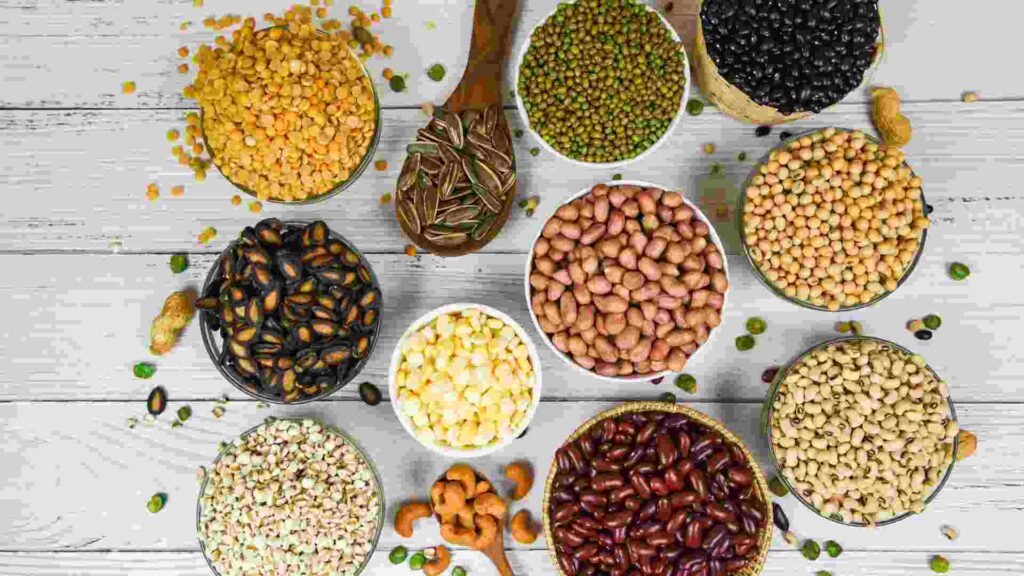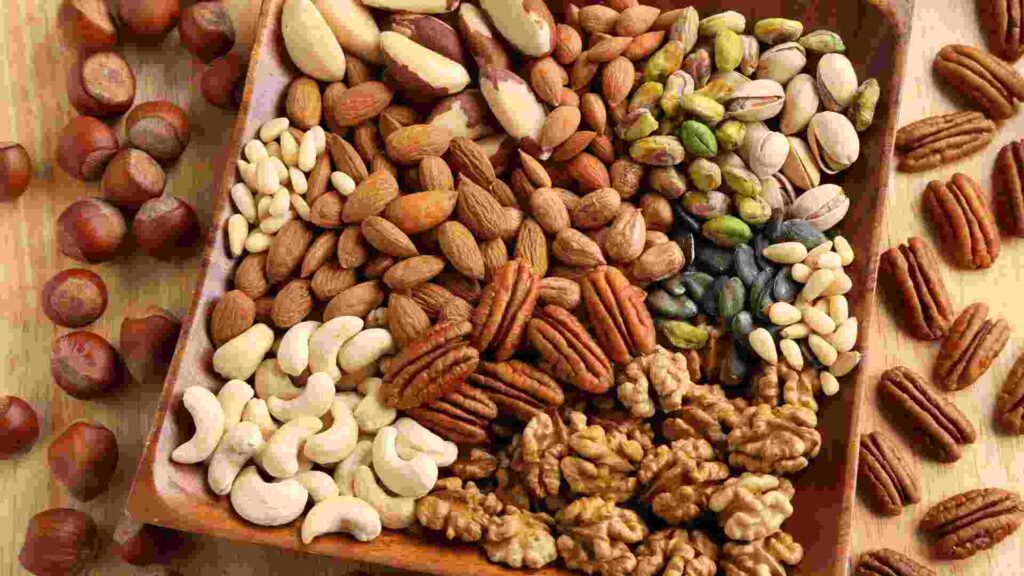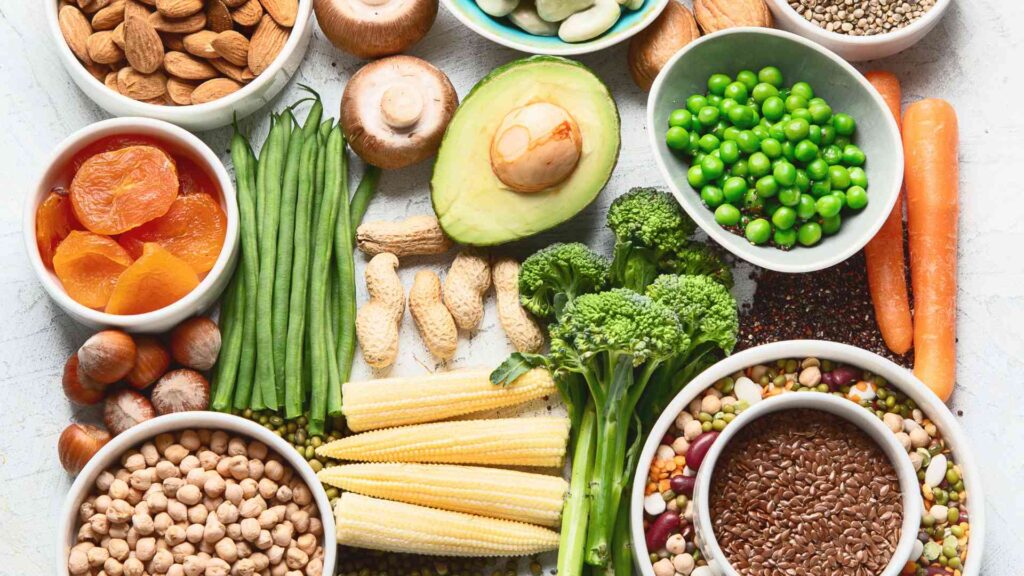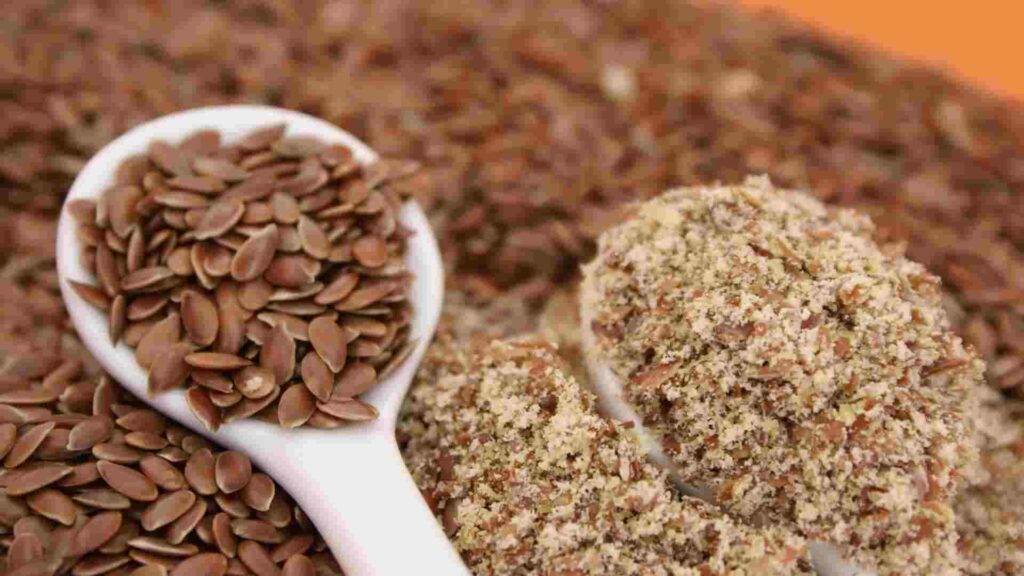यौन स्वास्थ्य के सभी पहलुओं के लिए व्यापक जानकारी प्राप्त करें और अपने यौन कल्याण को सशक्त बनाने के लिए संसाधन और मार्गदर्शन खोजें।
Erectile dysfunction (ED) is a common condition that affects millions of men worldwide, causing distress…
यौन स्वास्थ्य के सभी पहलुओं के लिए व्यापक जानकारी प्राप्त करें और अपने यौन कल्याण को सशक्त बनाने के लिए संसाधन और मार्गदर्शन खोजें।
Erectile dysfunction (ED) is a common condition that affects millions of men worldwide, causing distress…
The International Society for the Study of Women’s Sexual Health describes Hypoactive sexual desire disorder…
Achieving and maintaining a strong penile erection is a common concern for many men. It…
The underlying cause as well as the severity of pain determine the varied treatment approaches…
Erectile dysfunction (ED) is a common condition affecting men, often characterized by the inability to…
Erectile dysfunction (ED) is a condition that affects many men worldwide, leading to significant stress,…
Assertiveness is a crucial skill that enhances communication, reduces stress, and promotes self-confidence. It enables…
Type 2 diabetes mellitus (T2DM) occurs when the body fails to use insulin effectively, leading to a chronic condition. The International Diabetes Federation Diabetes Atlas predicts that the global number of adults aged 20–79 with diabetes will rise from 537 million in 2021 to 643 million in 2030 and to 784 million in 2045, showing a projected increase of 46%.
You can prevent or delay the onset of T2DM by adopting a healthy diet, engaging in regular physical activity, maintaining a balanced body weight, and avoiding tobacco use.
विषयसूची
विषयसूचीGenerally, the term “superfood” is used to promote foods that offer substantial health benefits, including disease prevention and overall health improvement, though there isn’t a universally agreed-upon definition. These foods typically contain high levels of specific nutrients like antioxidants or omega-3 fatty acids.
Related: Superfoods: All You Need To Know

Polyphenols and flavones are bioactive compounds that can have several effects on the body. They can:

Studies showed that these foods not only led to a significant decrease in blood glucose levels but also improved the lipid profile and reduced insulin resistance.

Fermented dairy products, particularly yogurts appear to have the ability to improve glycemic markers and potentially aid in the metabolic control of T2DM.
They achieve this by:

Consuming dietary fiber from whole grains can lead to
Insoluble dietary fibers, found in cereals, are particularly effective in improving whole-body insulin resistance, both in the short term and with prolonged intake.
Fiber, in general, delays gastric emptying and reduces the absorption of glucose in the intestines.
Consuming soluble dietary fiber is associated with lower triglyceride levels, according to research.
Eating whole grains also helps to manage long-term weight gain.
Processing whole grains, like barley, bulgur, farro, millet, quinoa, black rice, brown rice, red rice, wild rice, oatmeal, popcorn, and whole-wheat flour, should be avoided as it changes their dietary fiber composition and the release of phenolics.

Overall, nuts have a lower ग्लाइसेमिक इंडेक्स (जीआई), high fiber content, and are rich in non-sodium minerals like potassium and magnesium. Additionally, they contain high levels of antioxidant and anti-inflammatory compounds.
For individuals with T2DM consuming nuts is recommended as an alternative to carbohydrate-rich foods. This substitution helps improve glycemic control and reduces lipid risk factors.
Consumption of almonds and pistachios has been reported to lead to a reduction in HbA1c levels in patients with Type 2 Diabetes Mellitus

Diets high in plant protein, white meat, or fish protein have been shown to improve total cholesterol levels in individuals with T2DM compared to diets rich in red meat protein.
Additionally, a diet rich in plant protein was found to improve fasting glucose levels.
Research indicates that consuming plant protein foods, including leguminous proteins like beans and chickpeas (e.g., hummus), improves glycemic control and insulin sensitivity in patients with Type 2 Diabetes Mellitus.

The bioactive components found in sunflower seeds and flaxseeds have been shown to improve insulin resistance and promote insulin production.
Flaxseed supplementation showed a significant reduction in HbA1c compared to the control group in participants with Type 2 Diabetes Mellitus. However, there was no significant effect on fasting blood glucose (FBG).
A variety of “superfoods” have been identified with potential metabolic benefits for individuals with Type 2 Diabetes Mellitus, including improvements in glycemic and lipid profiles. These include foods rich in polyphenols (such as berries), fermented dairy products, whole grains and cereals, nuts (such as almonds and pistachios), proteins (particularly plant proteins, legumes, and whey protein), sunflower seeds, and flax seeds.
It is advisable to integrate “superfoods” into the diet plan of individuals with T2DM under the guidance of a nutritionist.
Reference: Superfoods for Type 2 Diabetes: A Narrative Review and Proposal for New International Recommendations.Medicina (Kaunas).2023. https://www.ncbi.nlm.nih.gov/pmc/articles/PMC10384771/
एमबीबीएस और एमडी डिग्री वाली मेडिकल डॉक्टर डॉ. निष्ठा पोषण और कल्याण के प्रति गहरी रुचि रखती हैं। शारीरिक और मानसिक स्वास्थ्य के साथ महत्वपूर्ण संघर्षों से भरी उनकी व्यक्तिगत यात्रा ने उन्हें अनगिनत व्यक्तियों के सामने आने वाली चुनौतियों के प्रति एक अद्वितीय सहानुभूति और अंतर्दृष्टि प्रदान की है। अपने स्वयं के अनुभवों से प्रेरित होकर, वह व्यावहारिक, साक्ष्य-समर्थित मार्गदर्शन प्रदान करने के लिए अपनी पृष्ठभूमि का लाभ उठाती है, जिससे दूसरों को समग्र कल्याण प्राप्त करने के रास्ते पर सशक्त बनाया जा सके। डॉ. निष्ठा वास्तव में मन और शरीर के अंतर्संबंध में विश्वास करती हैं। वह जीवन में संतुलन और खुशी प्राप्त करने की दिशा में एक महत्वपूर्ण कदम के रूप में इस संबंध को समझने के महत्व पर जोर देती है।

